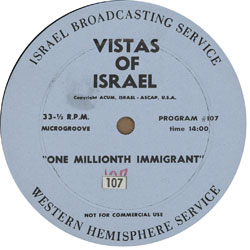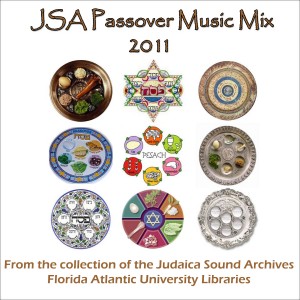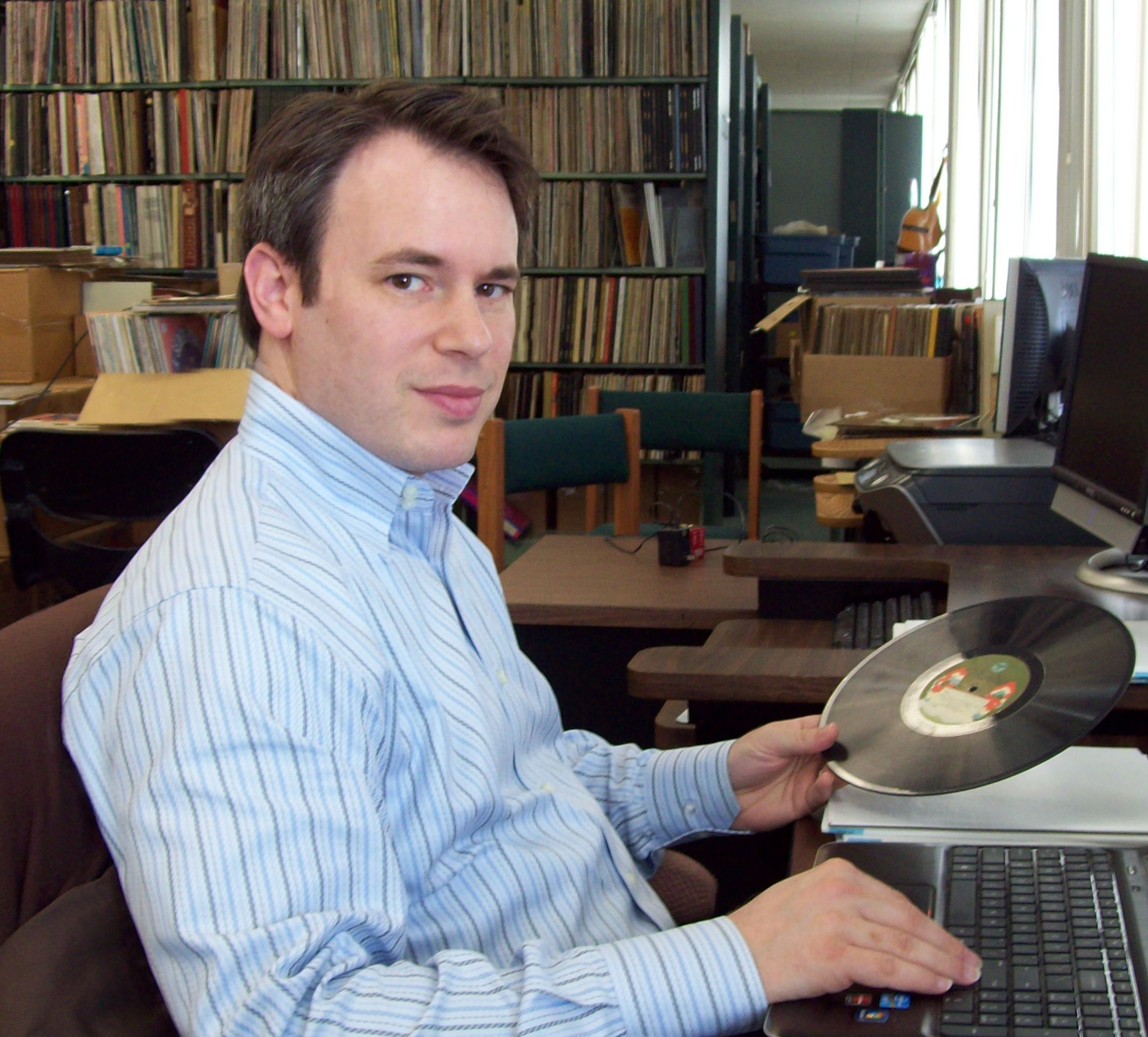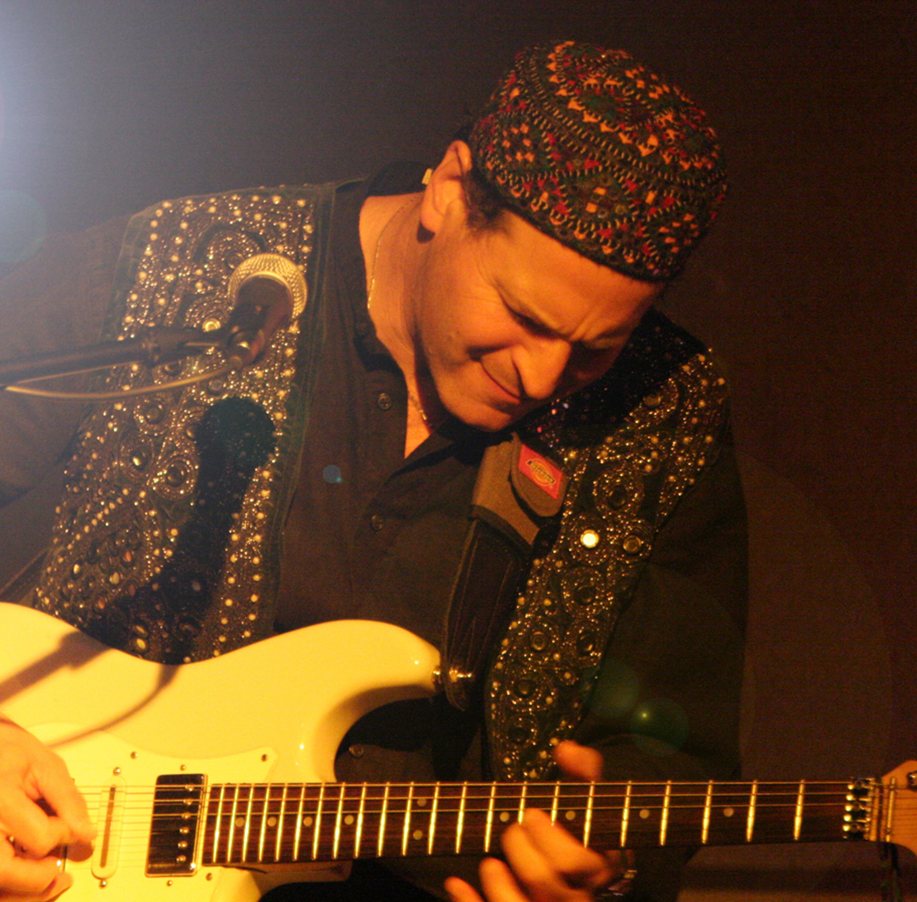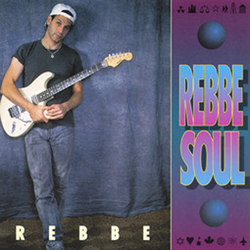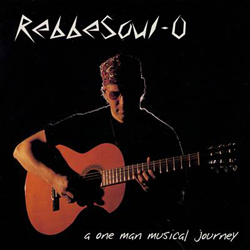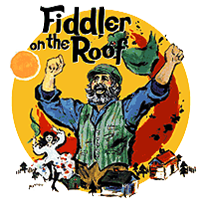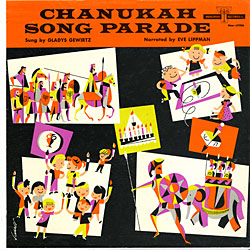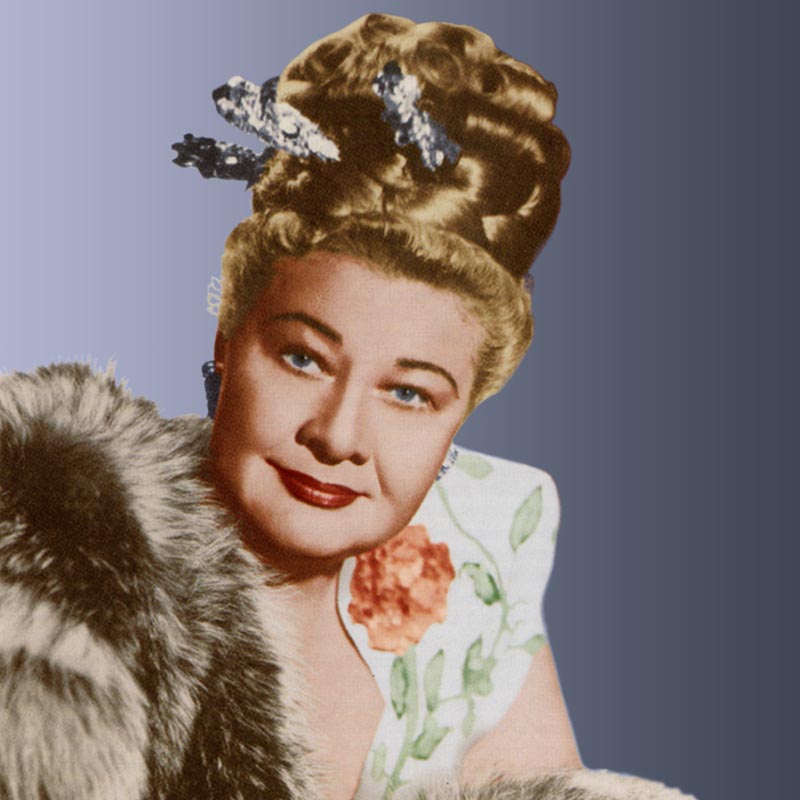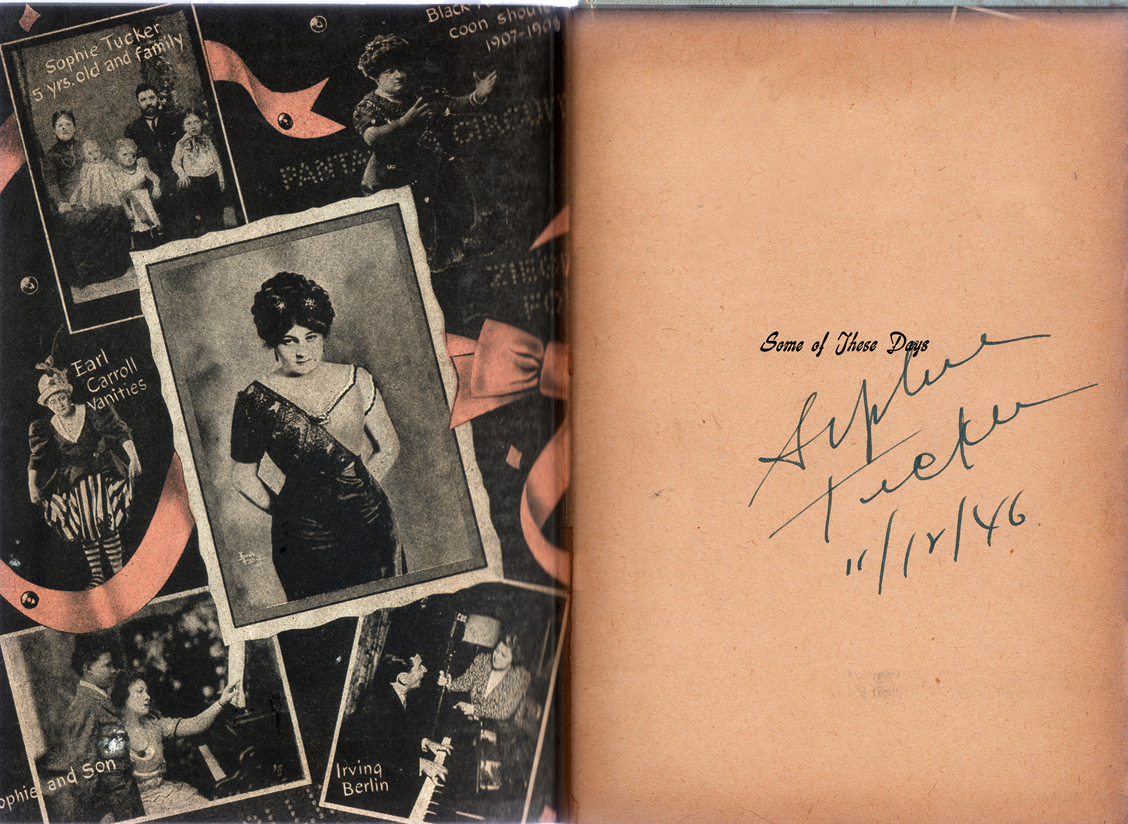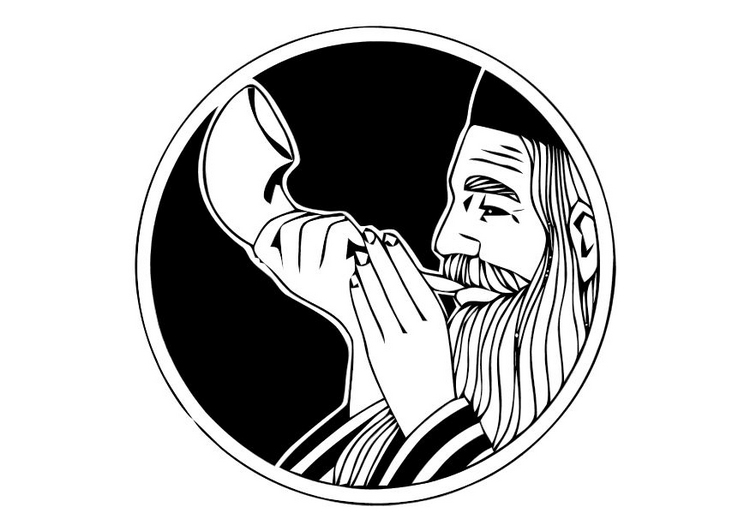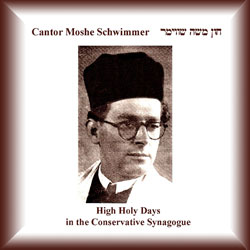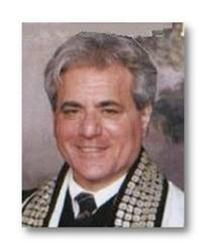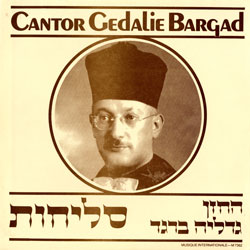
One family’s ancestor remembered…a shared culture preserved.
The music of the traditional synagogue in America has strong roots in the culture and shtetls of 19th and early 20th century Eastern Europe. Like many of the greats of the Golden Era of Hazzanut Cantor Gedalie Bargad was a gifted hazzan who grew out of the chassidic environment.
Born in 1898 on Kol Nidre evening in the small town of Slavuta (Volhynia Province, Russia), his promising career as a cantor was disrupted by war, civil strife and his family’s struggle for survival. Eventually Bargad and his bride were able obtain travel documents and arrived in Boston on May 25, 1921.
He found work in the shul in Lynn, MA almost immediately, and by 1926 he was officiating at the Elm Street Synagogue in Chelsea, MA. where he sang until 1963. His son, Dr. Warren Bargad, former director of the Center for Jewish Studies, University of Florida – Gainesville, reminisced about those days. “As a youth I remember the shul packed with people – about 500 – 600. . . My father was a commanding presence on the bima. When he sang he would often send shockwaves through the eardrums of the choirboys who stood near him. . . There was a bit of the actor in him. . . [but] he was also down-to-earth, a great story-teller, and often quite comic (album liner notes, 1980).”
Cantor Bargad went on to serve at Temple Emanuel in Chelsea, MA until his death in 1968. His grandson, Robert Bargad (Professor of Jazz piano at Karntnerlandeskonservator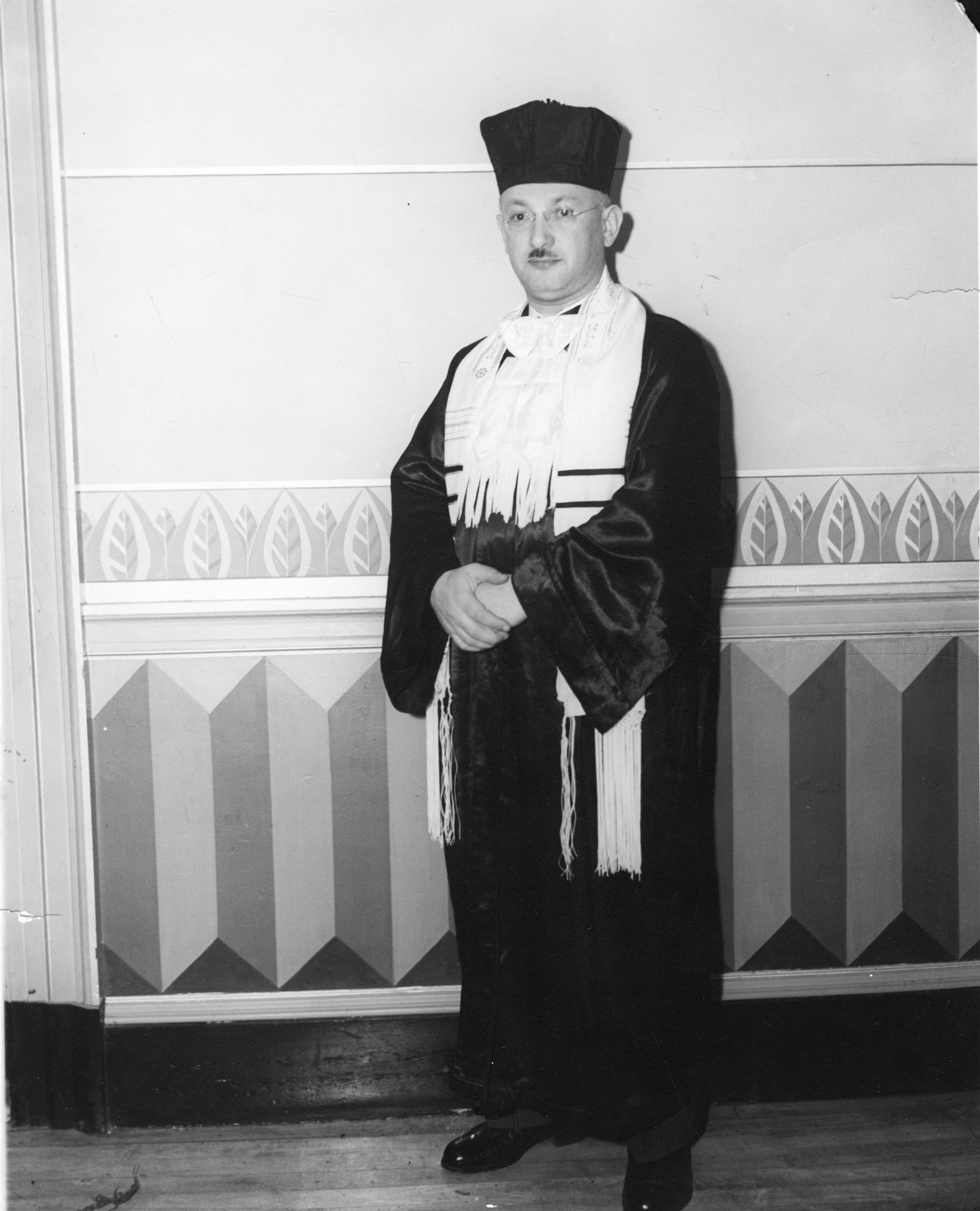 ium in Austria) remembers his grandfather “leading the congregation in the singing of prayers with very beautiful melodies, many of which he himself had composed and arranged. I recall how sometimes his voice would suddenly swell and sustain such a great and mournful note, causing the entire congregation to wait for his release before continuing. . . In those moments I was completely overcome and I remember thinking that the walls of the temple were shaking from the emotional power of his voice and the pure magic in his performance. I believe the impact of Gedalie’s singing has influenced me to this day – as I try to infuse my own compositions and performances with that kind of tradition and soulfulness.” (Personal communication, 2013).”
ium in Austria) remembers his grandfather “leading the congregation in the singing of prayers with very beautiful melodies, many of which he himself had composed and arranged. I recall how sometimes his voice would suddenly swell and sustain such a great and mournful note, causing the entire congregation to wait for his release before continuing. . . In those moments I was completely overcome and I remember thinking that the walls of the temple were shaking from the emotional power of his voice and the pure magic in his performance. I believe the impact of Gedalie’s singing has influenced me to this day – as I try to infuse my own compositions and performances with that kind of tradition and soulfulness.” (Personal communication, 2013).”
A recording of the September 23, 1962 service at the Elm Street Synagogue was preserved and then meticulously restored by Chicago record producer, Barry Serota in 1980. The Judaica Sound Archives at FAU Libraries is proud to follow in the footsteps of Barry Serota who devoted his life to the preservation of great Cantorial music. Streaming audio of this album is available only on our website.
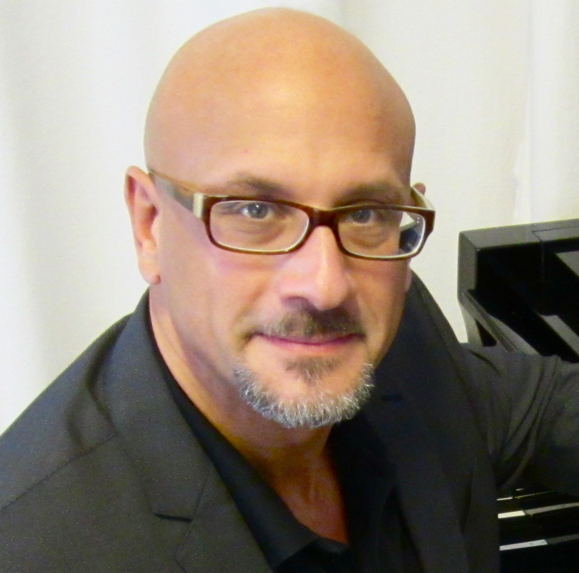
Robert Bargad
RSA Guest Blogger, Robert Bargad, is a Professor of Jazz Piano at Karntner Landeskonservatorium in Austria, he is the grandson of Cantor Gedalie Bargad.
